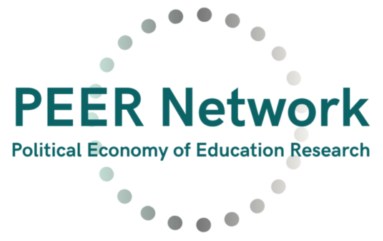According to statistics, women’s enrolment in higher education in Kazakhstan is growingly higher than the enrolment of men (World Bank, 2017), giving the initially promising picture of gender equity in Kazakhstani education. However, there is a significant overrepresentation of male students in the bulk of STEM majors, with significant variation across the subjects (MES, 2018). As a result, there is a persistent underrepresentation of women in the Kazakhstani STEM labour market. Men predominate in high-paying STEM sectors, while women work primarily in health care and education. Women in Kazakhstan are also paid less than men, earning 68.6 % of men’s wages.
This qualitative interview-based study fills the niche in global scholarly research on the major hindrances of women’s participation in STEM, adding evidence from Kazakhstan – one of the biggest Central Asian countries, by exploring STEM teacher educators’ understandings and practices of gender-responsive pedagogies. The study is framed by the 4Rs framework (based on Fraser’s social justice theory), which uses the concepts of recognition, redistribution, representation and reconciliation with respect to socio-economic and cultural processes that marginalize women from educational and employment opportunities (Novelli et al., 2017). The study’s results will offer some important insights into teacher-related influences that shape the educational and career pathways of women in STEM in Central Asian and larger international contexts.

